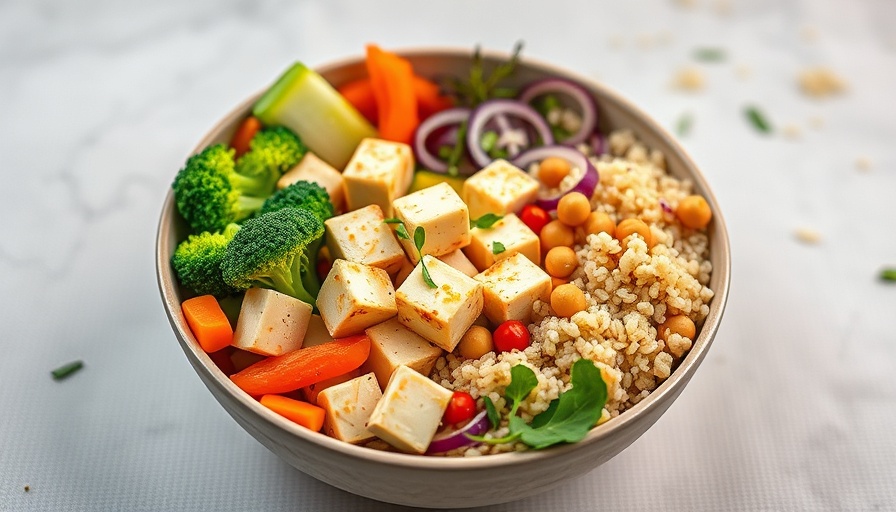
Understanding Nonalcoholic Fatty Liver Disease
Nonalcoholic Fatty Liver Disease (NAFLD) is becoming increasingly common, with alarming rates even in children. Approximately 70-80% of obese children may suffer from this condition, which can escalate to severe complications like fatty hepatitis and cirrhosis, potentially leading to liver cancer. Understanding how to treat this disease with diet is vital for promoting better health and preventing future complications.
Sources of Liver Fat: What You Need to Know
Dietary choices play a crucial role in fatty liver disease. The primary sources of liver fat are excess sugar, excess fat, and fat from body stores. Studies show that reducing dietary sugar can significantly improve liver health. For example, teenagers with fatty liver disease showed marked improvement after just eight weeks on a low-sugar diet. Similarly, those on a low-fat diet experienced a substantial decrease in liver fat in just two weeks, reinforcing the idea that dietary fat plays a significant role in this condition.
The Evidence Against Fats and Sugars
Research has demonstrated that a diet high in fats, particularly saturated fats, is detrimental to liver health. Participants overfed with saturated fats exhibited a 55% increase in liver fat, far exceeding the increases seen from sugars or unsaturated fats. While some advocate for high-fat, low-carb diets, evidence indicates that these can increase insulin resistance and worsen liver conditions.
Adopting a Healthier Plant-Based Diet
In contrast, a diet rich in plant-based foods like legumes—beans, split peas, chickpeas, and lentils—has been associated with lower risk for NAFLD and better overall liver function. Emphasizing fruits, vegetables, whole grains, and lean proteins can lead to significant health benefits and reduce the risk of developing fatty liver disease.
Actionable Insights for Maintaining Liver Health
If you are looking to improve your liver health, consider these dietary tips:
- Limit Sugar Intake: Avoid soft drinks and heavily sweetened foods to decrease liver fat.
- Reduce Saturated Fats: Cut down on red meat and dairy; opt for healthier fats like avocados or nuts instead.
- Focus on Whole Foods: Whole grains, fruits, and vegetables should form the bulk of your meals.
Making these simple dietary changes can lead to better health outcomes and significantly enhance liver function. The road to maintaining a healthy liver is not only about what you eat but also about inspiring those around you to take charge of their health.
 Add Row
Add Row  Add
Add 




Write A Comment